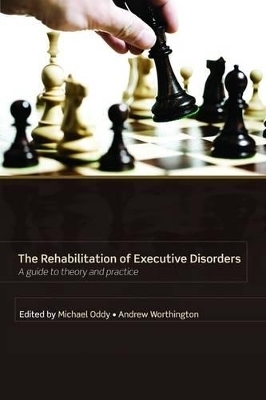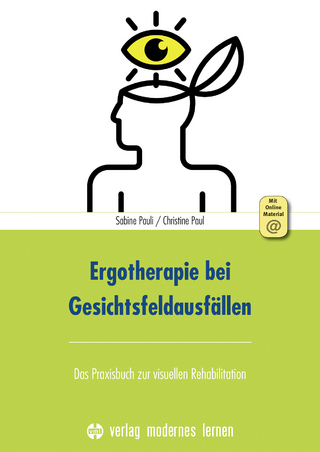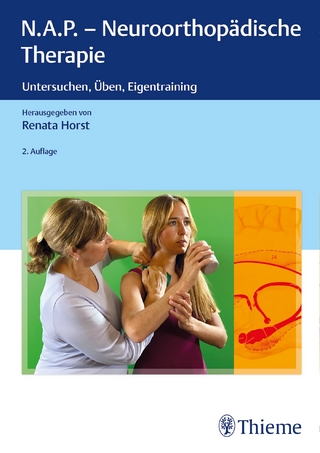
Rehabilitation of Executive Disorders
Oxford University Press (Verlag)
978-0-19-856805-6 (ISBN)
Executive disorders represent the most common and most troubling consequence of brain injury. These are disorders of the most sophisticated type, and notoriously difficult to assess, understand and rehabilitate.
This book provides a concise and accessible review of best practice in the rehabilitation of executive disorders, that is, the ability to plan and execute actions and control behaviour. The book covers a wide range of approaches to the rehabilitation of executive disorders including potential uses of modern technology.
The first section looks at theoretical approaches to executive disorder. In the second part of the book, clinical advice is offered for treating disorders. The final section looks at professional issues, such as the impact of new legislation, risk assessment, and the involvement of the family in rehabilitation.
With chapters written by leading researchers and clinicians, the book provides a comprehensive guide to these complex disorders.
Michael Oddy is a clinical psychologist with 35 years' experience of working in brain injury rehabilitation. In 1989 Mike became joint Clinical Director of the new Brain Injury Rehabilitation Unit at Ticehurst House Hospital. He became sole director of this centre in 1992 and continued to direct this unit and the cognitive rehabilitation programme at the sister hospital Unsted Park until September 2001. He then left to take up his current post as Director of Clinical Services /Consultant Clinical Neuropsychologist with the Brain Injury Rehabilitation Trust. He was also Consultant Clinical Neuropsychologist to West Kent NHS and Social Care Trust from 1984 to 2007. He is an Honorary Professor at the University of Swansea and was External Examiner for the Institute of Psychiatry post-qualification course in clinical neuropsychology from 2002-2005. From 1996 to 1999 Mike was Chair of the British Psychological Society, Division of Neuropsychology. Andrew Worthington received his clinical training at the Institute of Psychiatry and National Hospital, London, and completed his PhD at University College London. He has some 17 years' experience in rehabilitation, in the voluntary, private and public sectors, including ten years with the Brain Injury Rehabilitation Trust and five years as a Trustee of Headway West Midlands. He is a founder Director of Headwise, an independent healthcare organisation; a former committee member of the British Neuropsychology Society, and presently sits on the British Psychological Society's committee for the accreditation of training in clinical neuropsychology. He is an honorary research fellow at Birmingham University and honorary senior lecturer at Swansea University. Andrew has published numerous papers and book chapters on brain injury rehabilitation; he has a particular interest in evidence-based rehabilitation and has an MSc in Health Economics from Birmingham University.
PART 1 - THEORETICAL DEVELOPMENTS; PART 2 - REHABILITATION; PART 3 - PROFESSIONAL ISSUES
| Erscheint lt. Verlag | 23.10.2008 |
|---|---|
| Zusatzinfo | 24 line drawings & 2 photos |
| Verlagsort | Oxford |
| Sprache | englisch |
| Maße | 156 x 232 mm |
| Gewicht | 564 g |
| Themenwelt | Geisteswissenschaften ► Psychologie ► Biopsychologie / Neurowissenschaften |
| Medizin / Pharmazie ► Medizinische Fachgebiete ► Neurologie | |
| Physiotherapie / Ergotherapie ► Rehabilitation ► Neuro-Rehabilitation | |
| ISBN-10 | 0-19-856805-3 / 0198568053 |
| ISBN-13 | 978-0-19-856805-6 / 9780198568056 |
| Zustand | Neuware |
| Haben Sie eine Frage zum Produkt? |
aus dem Bereich


